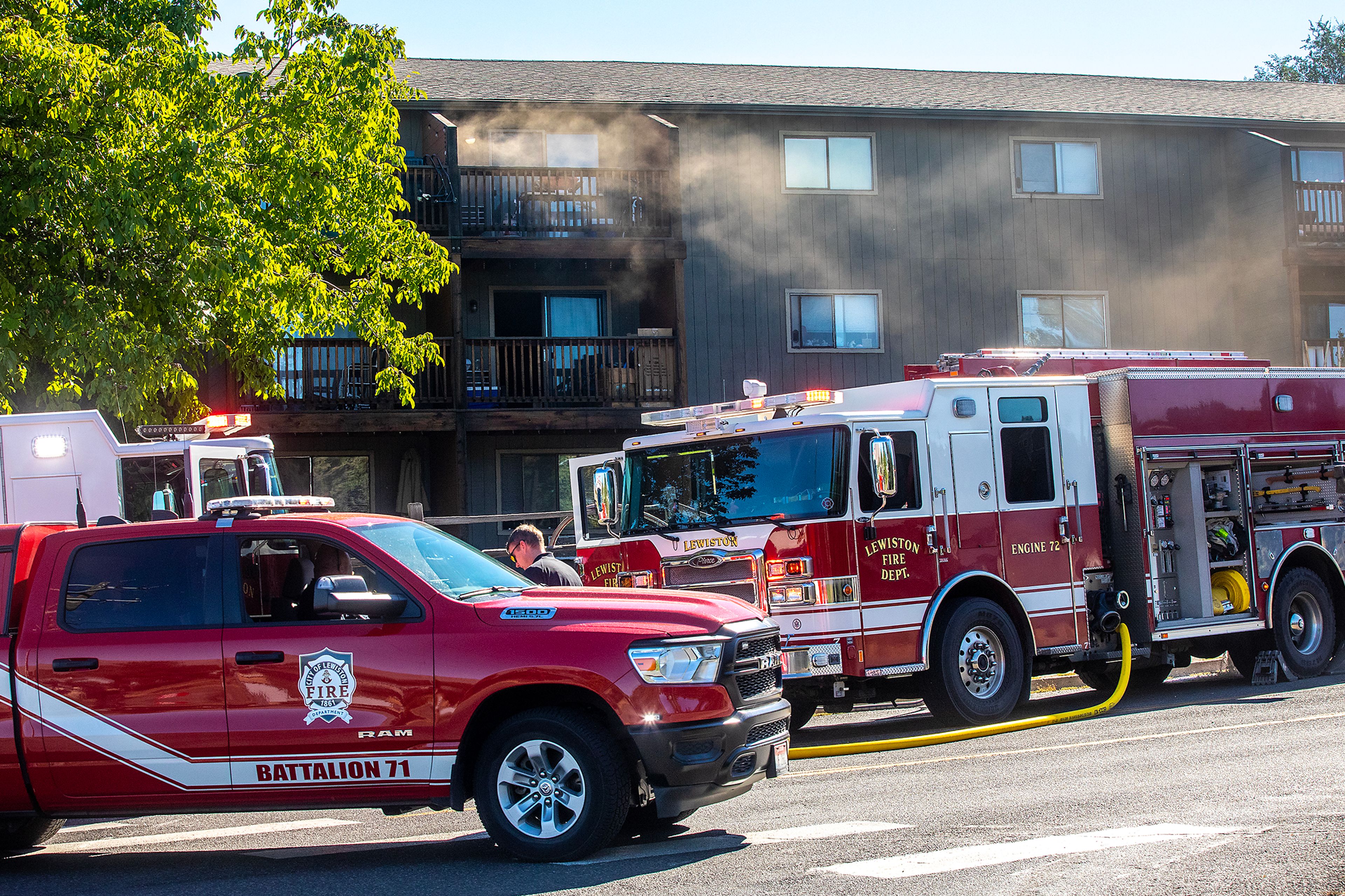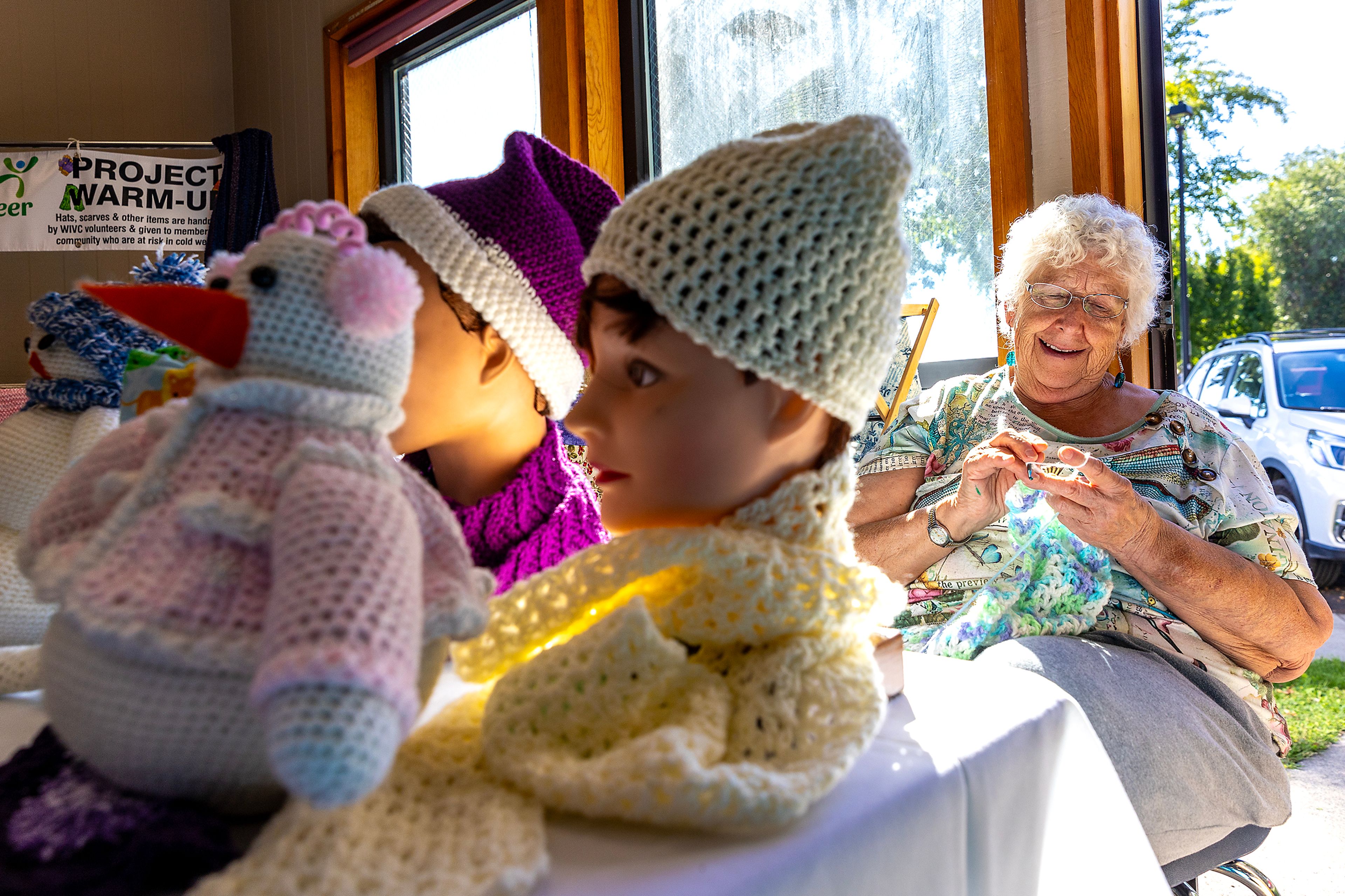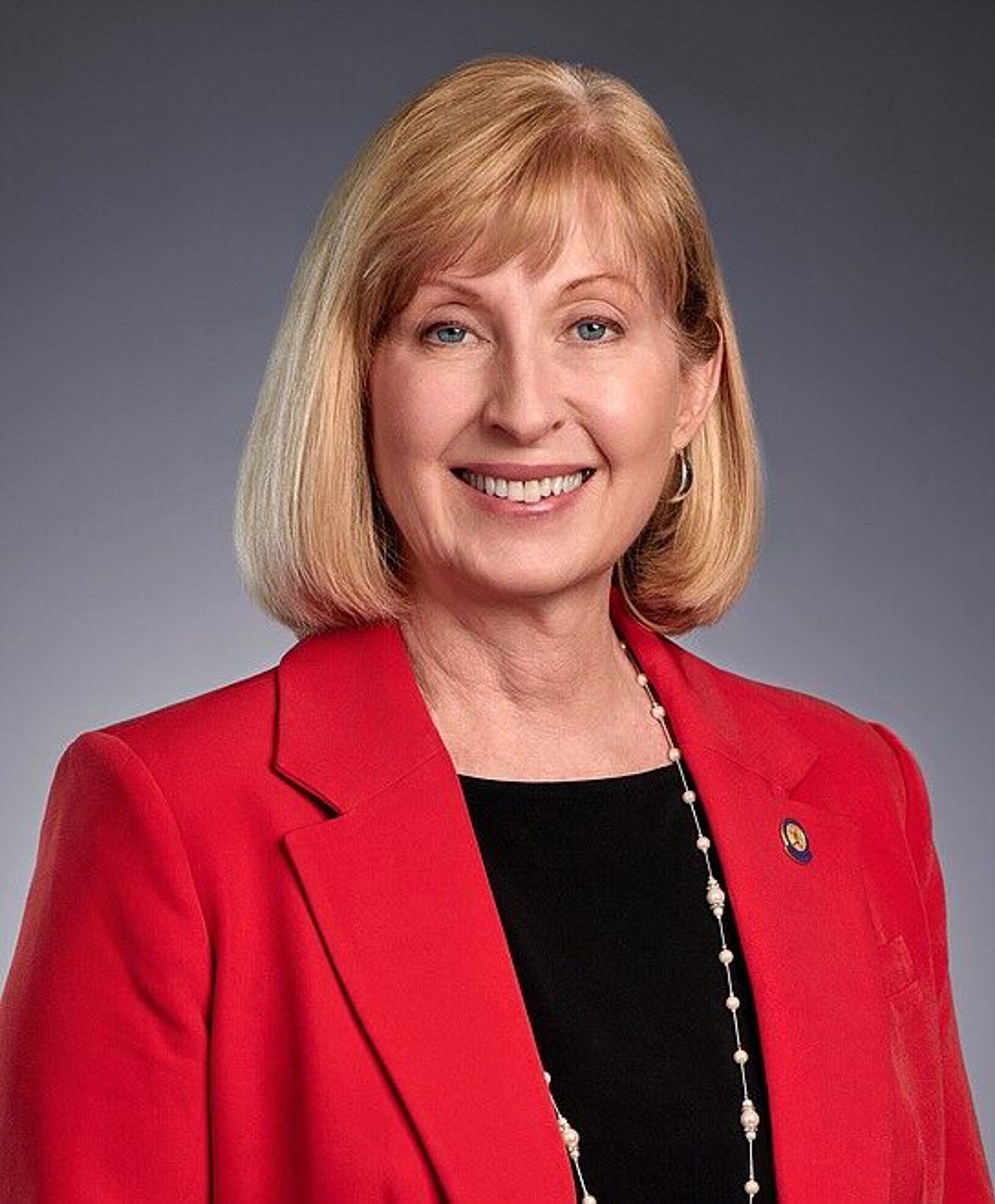Many of the faces of the Idaho Legislature will change once again after Tuesday’s primary election, which may come with significant education policy consequences after an expensive campaign season.
There are 15 incumbents who lost their seats in Republican primaries, including longstanding Senate leader Chuck Winder.
There were two Republican races and one Democratic contest in which there was no incumbent.
The concept of school choice when it comes to allowing state funds to go toward private schooling had emerged as a central theme in the election and will continue to be a focus for education advocates.
Several lawmakers who had been staunchly against these kinds of school choice proposals were defeated in their primaries, including the House Education Committee Chair Julie Yamamoto, R-Caldwell. Pro “school-choice” groups, especially the Maryland-based American Federation for Children, spent heavily in this election.
Idaho Business for Education President and CEO Rod Gramer, who is opposed to voucher-type programs, said he saw a dichotomy between the legislative races and the school bond and levy results.
He highlighted that the majority of school bonds and levies passed Tuesday night.
“At the local level, when Idahoans had to make a decision about their public schools, they voted overwhelmingly to support their public schools and increase funding,” Gramer said. “... It defies the rhetoric from the dark money funds, political action committees and those who support vouchers, that the people of Idaho are unhappy with their schools.”
Much of the money spent by the American Federation for Children political action committee was to oppose incumbent Reps. Kenny Wroten, Melissa Durrant and Rick Cheatum — all of whom have opposed proposals to help fund private K-12 education with state money.
Wroten and Durrant both fell to challengers who favor that type of school choice. Cheatum won his primary against two challengers with nearly 40% of the vote.
The AFC PAC spent more than $300,000 in this election, campaign finance records show.
It wasn’t the only PAC spending big in Idaho.
One out-of-state group called Retire Career Politicians that spent $76,000 to oppose House Speaker Mike Moyle, but did not register as a PAC in Idaho as required by law, Idaho EdNews reported.
Some of the biggest spenders who registered in Idaho include the Idaho Victory Fund, which spent more than $639,000, and Citizens Alliance of Idaho, which spent nearly $400,000.
An out-of-state group also heavily targeted legislative leaders Moyle and Winder with negative campaigns, including alleged deceptive robocalls using Winder’s voice to misrepresent his positions. Campaign fliers made false claims about Moyle’s stance on guns and school choice.
Moyle, who has served 13 terms, won his primary contest with 54% of the vote. Winder lost with 47.7% by 282 votes, according to unofficial results.
These close contests for leaders stood out about this election to Jeffrey Lyons, an associate professor of political science at Boise State University whose research focuses include American politics and state politics.
“In general, it’s interesting to see leadership in such tight races,” Lyons said.
He highlighted that Winder won his primary contest in 2022 by 639 votes, in another relatively tight race.
“It makes me think a lot about a handful of people can have a big impact in stuff that like that,” Lyons said.
Winder’s race was also noteworthy because the incumbent senator far out-raised and outspent his opponent. Winder garnered more than $90,000 and spent $39,602. His challenger, Josh Keyser, raised $28,081 and spent $12,212.
Lyons said it’s often the case that challengers don’t have to out-spend incumbents to win elections. And outside spending on advertising that attacked Winder may have played a role as well, Lyons said.
There are many who think the results of Tuesday’s primary may have shifted Idaho more to the right, but it’s unclear how that will play out.
Many of the challengers who unseated incumbents are entering their first foray into politics, which means they don’t have a previous voting record to help understand how they might legislate.
“There are a lot of unknowns when you see a bunch of incumbents lose like we saw,” Lyons said. “I think the general narrative that this probably pushes the Statehouse more to the right is probably true, but I think that beyond that, it’s really hard to know what exactly it means.”
Total turnout was about 24%, which Gramer highlighted as a signal that the election wasn’t exactly a sweeping statement regarding the majority of Idahoans’ opinions.
“It’s just shocking, really, that 24% of the people decide the future of our state,” Gramer said.
For him, the implications of the race don’t end at school choice or voucher-type policies.
Many of the people who won their primaries align with a wing of the Republican party that is highly skeptical of public education as a whole, especially higher education.
Idaho Launch, which provides grants to graduating Idaho seniors for higher education or workforce training for “in-demand” careers, may be a target of some of those who won, he said. The program is meant to address workforce shortages in Idaho as well as help improve the post-high school “go on” rate.
One of the program’s strong supporters, Rep. Megan Blanksma — the former majority leader who was ousted in 2024 — also lost in her primary.
President of the ultra-conservative Idaho Freedom Foundation Ron Nate celebrated that many of Launch’s supporters were unseated in a post on the foundation’s website about the election.
“Hopefully, with new conservative blood in the Legislature, we can reverse Idaho’s Biden-esque job training program and devote our efforts to what families really need: tax relief,” Nate wrote.
In the post he estimated that IFF-aligned candidates picked up two seats in the Senate and six in the House.
He also highlighted the losses by representatives who opposed using state funds for private K-12 schooling. These kinds of proposals have so-far always stalled in the process by narrow votes.
Moyle, a strong supporter of those types of policies, said school choice will be back next session.
Gramer said those who oppose those proposals think the election results will likely make their job harder.
“I think that for those of us who support education, both in and out of the Legislature, I think our job is to protect the progress that we’ve made over the last many years in education, and to stop vouchers from happening,” he said.
That effort may need to include a strong stance from Gov. Brad Little, who has focused heavily on public education support during his tenure, he said.
“This may be the session where he needs to step up and put his support for public education on the line,” Gramer said.
The composition of Idaho’s Legislature has the opportunity to shift every two years, when every single position goes up for reelection. In 2022, there were 18 Republican incumbents who lost their primaries.
Although the Republican primary tends to decide many of the positions in the Statehouse, there will still be contested races in the General Election.
Given the increasing influx of out-of-state money and influences, Gramer said he’s worried about the trend that may include.
“I think the culture wars will intensify,” he said. “... I think it’s going to be unlike any Legislature that we’ve ever had, at least in the 50 years that I’ve been following legislatures in Idaho.”
Guido covers Idaho politics for the Lewiston Tribune, Moscow-Pullman Daily News and Idaho Press of Nampa. She may be contacted at lguido@idahopress.com and can be found on X @EyeOnBoiseGuido.









